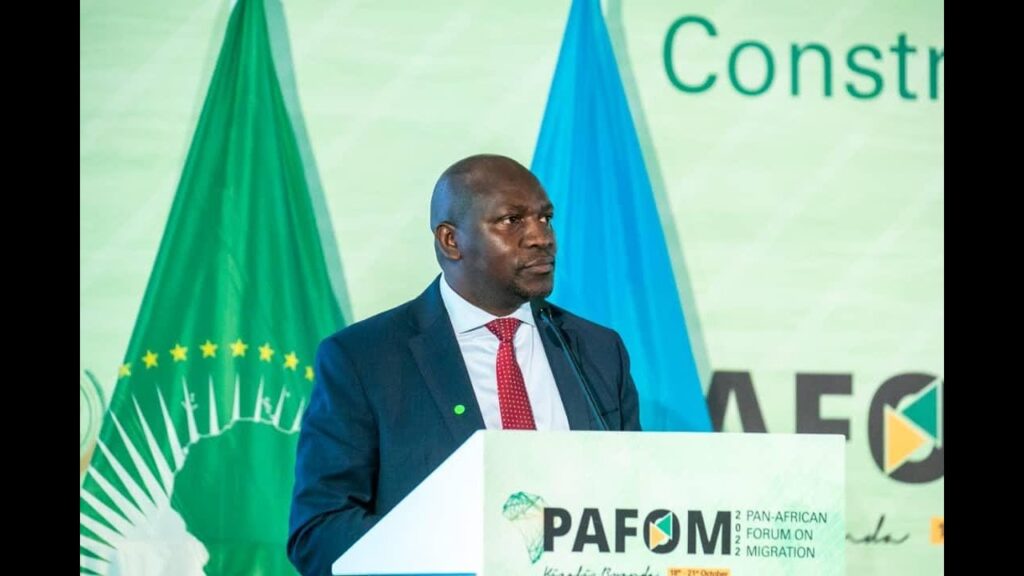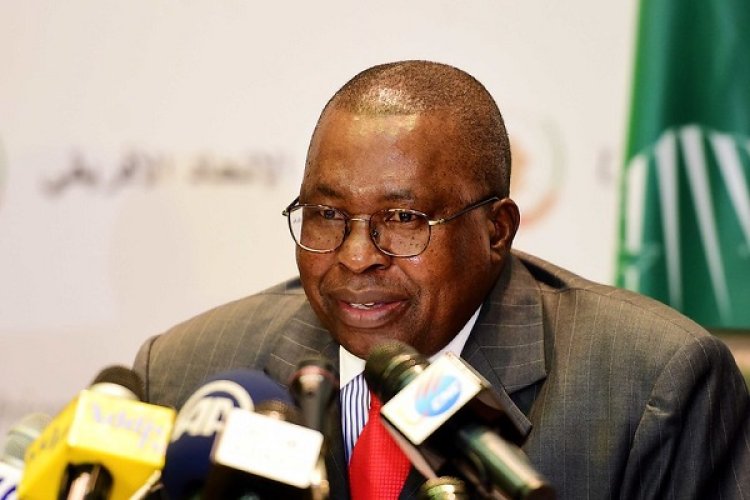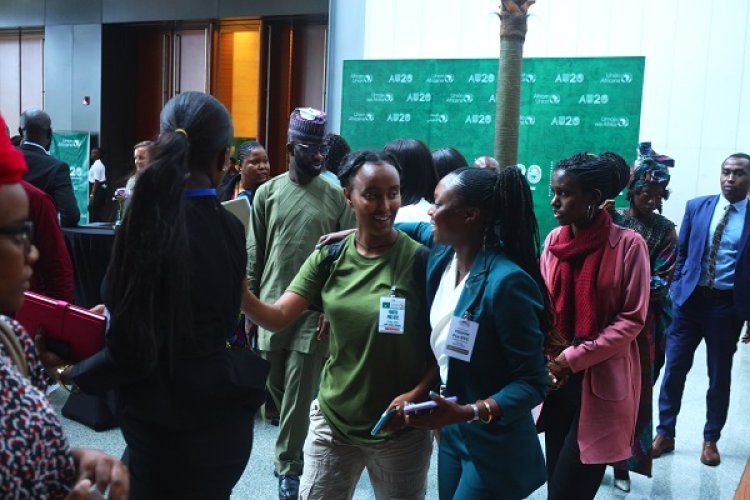Issues ranging from unfulfilled climate commitments, compensation for damages to geopolitics are expected to come to the fore when Africa negotiators press rich nations to pay for impact of emissions at upcoming global climate summit (COP27) in Egypt.
Dubbed African COP, the conference slated for November 6-18, 2022 is coming at a time reports indicate that many African countries have been grappling with “intensifying impacts of climate change” despite their limited contribution to global emissions, and commitments made by industrialized nations towards mitigation and adaptation at previous UN climate negotiations.
A recent report by Intergovernmental Panel on Climate Change (IPCC) points to escalation of droughts, floods, extreme storms or wildfires, among others that threaten food security and livelihoods of millions of people, as well as harming species and ecosystems across resource-poor countries.
Analysts say the upcoming global climate conference in Egypt presents a perfect opportunity for Africa’s climate negotiators to pressure global nations to catch up with unmet targets and, in particular, demand additional climate finance for adaptation.
The Egypt COP will take place months after Africa heads of State adopted first collective climate response framework — African climate change and resilient development strategy and action plan for 2022 to 2032.
Contentious meeting
However, environmentalists expect a highly contentious meeting in Egypt in view of deteriorating relationship between global powers in the North and those in the South, fomented in part by the ongoing Russia-Ukraine crisis.
Besides, the Covid-19 pandemic and economic difficulties with linked risks of economic recession, inflation, energy and food crises are said to have distracted most ‘developed’ countries off their climate targets.
“All these are geopolitical clouts that will make COP 27 a highly contentious meeting,” opined Shou Li, senior climate adviser at Greenpeace, a global environmental campaigning organization.
“COP27 has to basically urge industrialized nations to catch up with the commitment that they made,” added Mr Li who was speaking to Journalists at a workshop focusing on the China-Africa relations and the climate crisis on Wednesday July 27.
Unfulfilled commitments
Observers say that despite agreement under previous UN climate negotiations with regard to what countries should do in their climate targets, checking emissions, and the finance developed nations ought to provide to developing countries, not much has happened when it comes to actually delivering on these commitments.
In particular, industrialized countries had, in 2019, pledged to provide at least $100 billion to developing countries by 2020, a promise that remains largely unfulfilled, according to climate activists.
Loss and damage compensation
Furthermore, as the global community lags behind with regard to mitigation and adaptation, pressure has been piling on developed nations to provide compensation to climate vulnerable countries when the latter suffer losses and damages.
However, the debate is understood to be “highly politicized within UN climate negotiations with resistance or opposition from industrialized countries.”
“So there will be calls for progress to be made on this particular issue, and specifically creation of a dedicated financial mechanism to address loss and damage. Many are hoping to use the opportunity presented by an African COP to push for progress on this issue that is at the heart of many African countries,” Mr. Li said.










